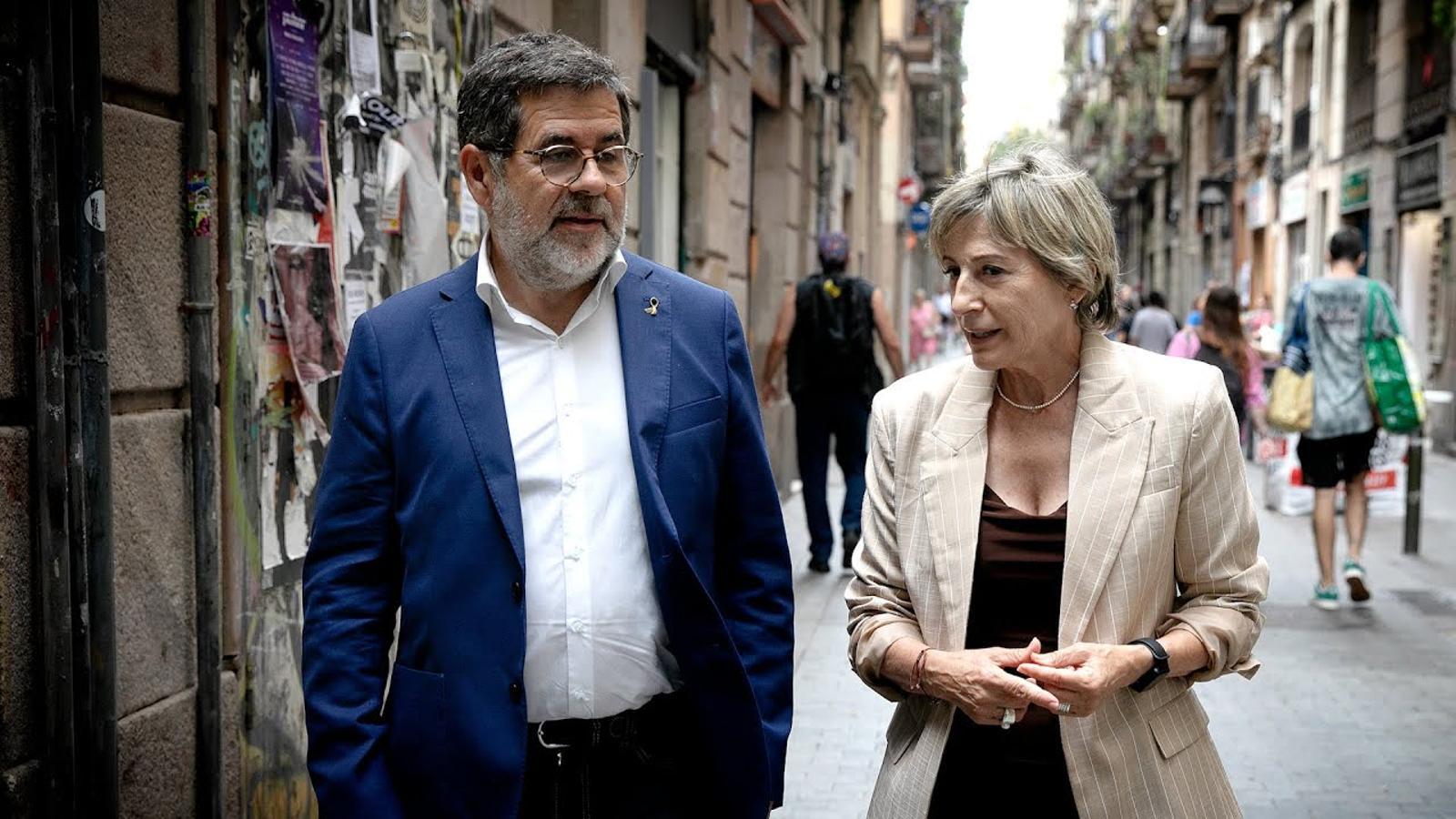

"We didn't read the country's reality properly," said Jordi Sànchez. "We overestimated our own strengths or were very naive," Carme Forcadell reiterated. Former presidents of the ANC, after a long silence, have spoken out again in a conversation at the ARAA lucid diagnosis that brings us to the point we almost always reach after a failure: we deluded ourselves into believing we were ready to take the final step before its time. An adventure that mobilized the main pro-independence parties and personalities and attracted people from diverse backgrounds, even incorporating into Junts pel Sí figures who had built their profiles against Pujolism.
In fact, this was the meaning of the rupture: to overstep the limits defined by Pujol, who has always declared himself a nationalist, not a pro-independence party, probably due to a more careful reading of the balance of power and the limits of what is possible. And suddenly, everything went downhill. Together for Yes ended like the rosary of dawn. And the nationalist right—the heirs of Convergència—tried to capitalize on the adventure under the name Junts per Catalunya, an expression of the possessive sense of the country that drives them, under the icon of President Puigdemont, legitimized by the poetics of exile.
The night in which everything was launched in a hurry with the commitment to the declaration of independence, in an ill-fated meeting of the pro-independence leaders at the Palau de la Generalitat, ended in the early hours of the morning with the perfect awareness that the declaration would be a mere toss-up. And as was predictable, it was followed by a general exodus that foreshadowed a great wave of repression. People like Carme Forcadell and Jordi Sànchez, after serving time in prison, gradually moved away from the political frontline. Not just them: Junts pel Sí was a broad-based ideological space that had welcomed people from a wide variety of backgrounds, and the current Junts per Catalunya is confined to the Catalan national right—the former Convergència—and strictly controlled by Rull, Turull, and company, under the iconic image of President Puigdemont in the distance.
The broad-based Juntos disintegrated like a lump in the first onslaught. Juntos por Catalunya oscillates between melancholy and tight control by the core leadership of post-Pujol conservative nationalism, sustained—or trapped, depending on how you look at it—by the image of President Puigdemont, who is decisive for the group's cohesion, to the extent that he is currently untouchable before his public, but an obstacle to the current leadership. Esquerra Republicana is cautiously and with the right strength to move towards a new era. Will the realist touch Carme Forcadell and Jordi Sànchez have left us with help move the needle? This partly explains the low profile of the independence movement, which the Diada has documented.
